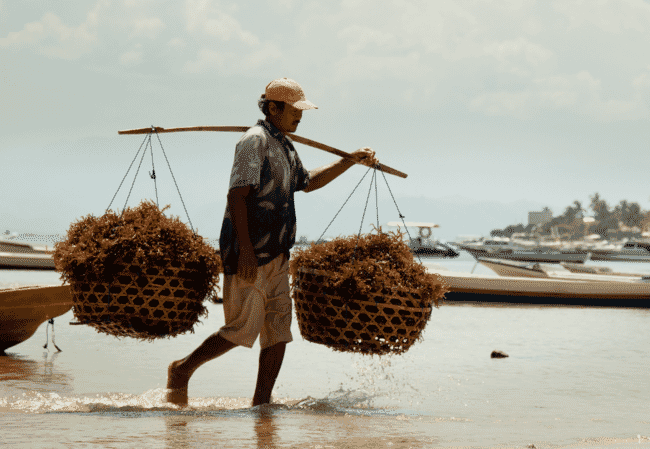
A major step forward for ocean sustainability will be launched at the United Nations Ocean Conference 2025: a global network of Ocean Centres designed to put safety at the heart of the blue economy transition in emerging ocean economies.
The centres will serve as locally led, multi-stakeholder platforms in Brazil, Ghana, Kenya, India, Bangladesh, Indonesia and the Philippines. Each centre will address pressing safety and sustainability challenges specific to their national ocean economy, advancing resilient, people- and nature-positive development.
Erik Giercksky, ocean lead at the UN Global Compact, said in a press release: “Changing global workforce patterns, climate change, the energy transition, and technological innovation continue to bring new challenges and opportunities in growing ocean economies. Collective, local action to drive safe and sustainable solutions is key to protecting those most affected as we work towards a people and nature positive future”.
A first-of-its-kind model for safer blue growth
Ocean industries are vital, especially in the Global South where maritime sectors underpin economic resilience. Yet they remain among the most hazardous sectors in the world. Ocean Centres are the only multi-stakeholder platforms of their kind focused on developing evidence-based and context-specific solutions to mitigate safety risks while supporting the expansion of sustainable ocean industries.
The Centres will catalyse national dialogues on safe practices across key sectors such as green shipping, ports, fishing, aquaculture, offshore renewables, and ocean finance. Each Ocean Centre is led by a UN Global Compact Country Network and guided by a country lead who coordinates national engagement and fosters knowledge-sharing across the network.
The Centres are not physical offices but living networks—community-driven, inclusive, and locally grounded. From tackling heat stress among maritime workers to addressing infrastructure risk and gaps in safety governance, they will surface practical solutions and elevate them through policy dialogues and regulatory pathways.
Dr. Ruth Boumphrey, chief executive of Lloyd’s Register Foundation, added: “This initiative reflects the Foundation’s commitment to being led by local voices. Whilst keeping people safe is a universal ambition, every country has its own unique ambitions to grow their maritime economies, bringing with it safety challenges and opportunities which can only be properly understood by local stakeholders. “
Next steps and how to get involved
The eighteen month implementation phase will culminate in a global Ocean Centres Manifesto, synthesising the collective insights, solutions and policy proposals from all seven countries. This manifesto will serve as a tool for governments, companies, and investors seeking to integrate safety more deeply into ocean sustainability efforts. Stakeholders are invited to contribute to this unique initiative through partnerships technical collaboration, and participation in country-level working groups. More information can be found here.
The Ocean Centres will be officially launched at a side event of the United Nations Ocean Conference, which will bring together international experts, government leaders and the country leads from each Ocean Centre to explore how local action can inform global progress.



